The Meaning, Challenges and Downfall of Being an Indie Artiste in Malaysia
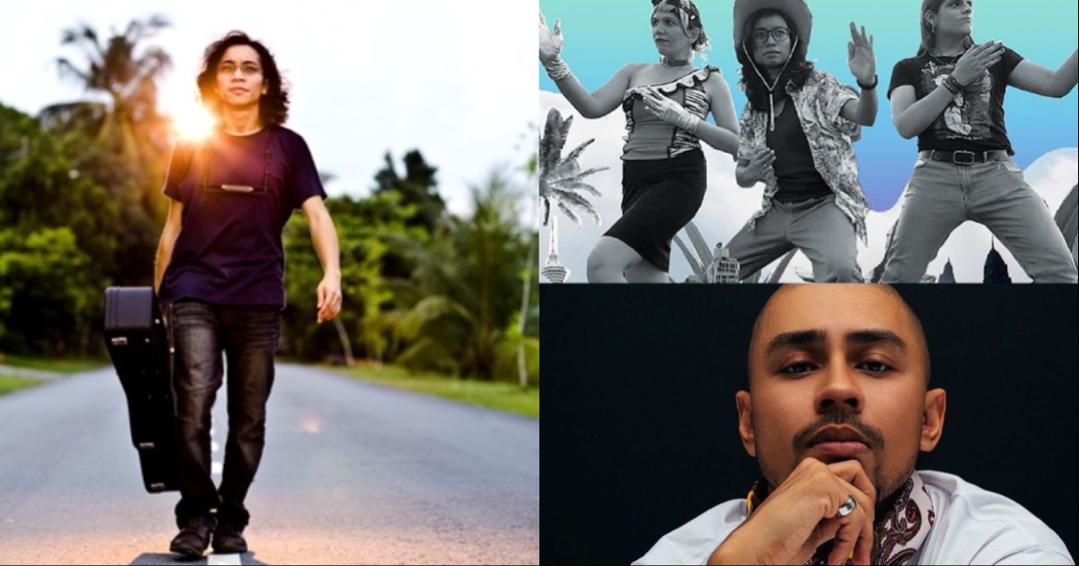 Thirsty for JUICE content? Quench your cravings on our Instagram, TikTok and WhatsApp
Thirsty for JUICE content? Quench your cravings on our Instagram, TikTok and WhatsApp
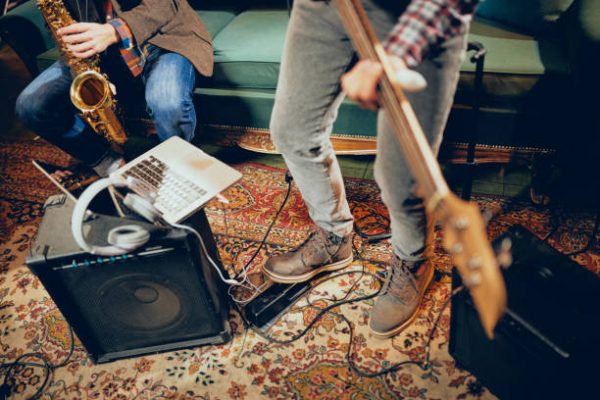
In the ever-evolving world of music, most artistes dream of being heard by millions. With the existence of social media, a lot of newcomers are saying goodbye to the traditional road of getting signed by a label and carving their own paths (re: followings). While many see this as an act of independence (screw da man!), in reality, we are now driven away from what it really means to be an indie artist.
In a recent Twitter thread, local nu-disco duo DANGERDISKO voiced out their opinion on the indie music scene in Malaysia, stating that there are two-types of indie artists, “The first type are people who chose the indie route as an alternative to what the mainstream has to offer. These people thrive in the fringes and are happy playing music for their small niches or fan base. There’s never pressure to ‘make it’ or ‘be heard’, they are already content.
“The second type are artists who treat the indie scene as a pit stop or waiting room for their inevitable ‘big break’ into the mainstream. They use the platform to launch themselves into their dream careers. Sometimes it happens, but most of the time you just end up waiting for it.”
They ended the Twitter thread by asking “which type of an indie artist are you?”, which stirred a conversation in my head on what it means to be an indie artist in a country fuelled by conformity.

How does the public perceive indie musicians?
Oftentimes the ideal definition of success as a musician in the eyes of the public is when you make it big, constantly performing show after show and getting big bucks. Most indie artistes like myself, make our own music and sing our own songs too, but you won’t see us performing at any big concerts anytime soon and that has nothing to do with the pandemic.
Does this mean we’re not succeeding in what we do?
The answer is in how the individual chooses to define success. For me, success is having the freedom to create whatever kind of art that I choose to share with the world regardless of how it will be received. I constantly remind myself why I began writing songs, it was never about money or fame, it’s about being able to say something through music and staying true to my art.
In recent years, we’ve seen more young people leaning into the indie scene. This is natural and a good thing – after all, weren’t all cultural movements started by the youth? But on the other side of the coin, this increasingly hypes up the indie scene as ‘cool’ and ‘in trend’ which has ingrained a different mindset and stereotype attached to the term.
The cool factor doesn’t always work to our advantage. Substance is replaced by self-promotion (we’ll talk about that in a while).
The challenges and the process that we face most of the time can be discouraging. Some musicians are able to make it in the end because they choose to really focus on their potential and talent rather than what society has to say about their music, others can’t stand the long road we’re on in order to make our dreams come true.
There are so many talented musicians who have stories to tell but they are made to feel as they are less than the next successful pop-star mainly because of how people perceive the meaning of being a musician.
How social media is affecting indie musicians

Social media now plays a pivotal role in being a marketing tool for most businesses including music marketing. This deeply affects both pop artistes and indie artistes because we depend on social media as a platform to boost our exposure.
I had been writing songs for years prior to my debut release last year. I’ve been making music non-stop every day to the point where I realised that I had forgotten why I started writing songs because I was so consumed by the idea of my music just being… there, for the consumption of the internet.
This was because I was depending on my social media followers as my audience and as a normal human being, it’s only natural for us to seek for validation from others, but as an indie artist that’s where the downfall of doubting your talents begin.
I started making music catering to what my social media followers would want to hear but that only pushed me further away from my passion. You can’t depend on your social media followers to boost your music if they’re not the right audience for you. We focus too much on validation on social media that we tend to forget why we chose to make music in the beginning.
With the emergence of platforms such as Tik Tok, you’re able to discover different kinds of musicians out there who used to depend on open mics as a form of exposure. The downside of it is that you’re not the only one making music out there and competition can be either discouraging or encouraging depending on how you view it.
The difference between being a signed artist and an indie artist

Most artistes depend on getting signed by labels as they will market and distribute your music to the right audience which eventually leads them to their ‘big break’. Some artistes are able to make it and some just float wherever they are but they still get a little push once in awhile. Once you sign a contract, you get a certain cut from your earnings.
The problem with being a signed artiste is that labels have control over your music especially if you’re a newly signed. Hey, it even happened to Taylor Swift. They are liable to control the type of music you can actually make, which turns an artiste into a businessman.
Most people think that being an indie artiste means you’re not talented enough to get signed but this isn’t usually the case. Indie artists are typically individuals who spend their time crafting their art by themselves. Most are forced to balance their music career with working/studying life, and most of us rely on our own finances to buy equipment, softwares needed for recording but without the same support a signed artiste gets. Does this make indie artistes less of an artiste?
Indie artistes also depend on themselves to market, distribute, record and sometimes mix their own music – like an army of one who still has to pay the rent. This is not to say that signed artistes don’t work as hard but the opportunities given are merely different.
Local Indie Artistes With Different Narratives
When you turn on the radio, you wouldn’t hear the pro-LGBT, upbeat-punk songs of Tingtongketz or Azmyl Yunor’s anti-corruption rant ‘Penghasut Blues’ being played over and over again. Instead the typical songs about heartbreak and love are what the spotlight shines on and it has always been this way.
Any indie artiste worth their street cred will approach music differently compared to mainstream acts, be it in writing or composition. Different narratives are always welcomed because art is subjective, and listening to generic modern love songs hurt my ears.
Here are a few examples of local artistes whom I consider fiercely indie…
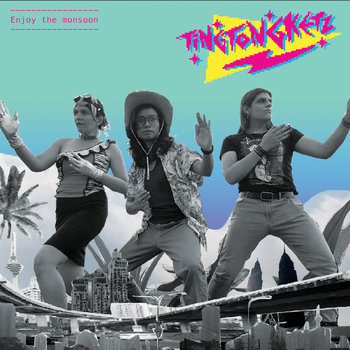
Malaysia’s very own LGBTQ+ band Tingtongketz‘s music deals with current political issues and their experiences as a part of the LGBTQ+ community in Malaysia.
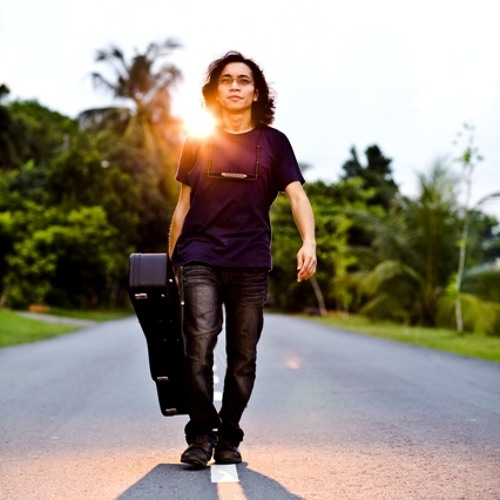
Being in the indie scene since the early 2000s, Azmyl Yunor is probably the only indie artiste in Malaysia to constantly discuss political and social issues through an honest folk rock narrative. Check out his take on Jibby, here.

On a mission to keep Kelabit-Dayak culture alive, Alena Murang sings in the languages of Kelabit and Kenyah while playing the traditional Bornean instrument, ‘Sape’.
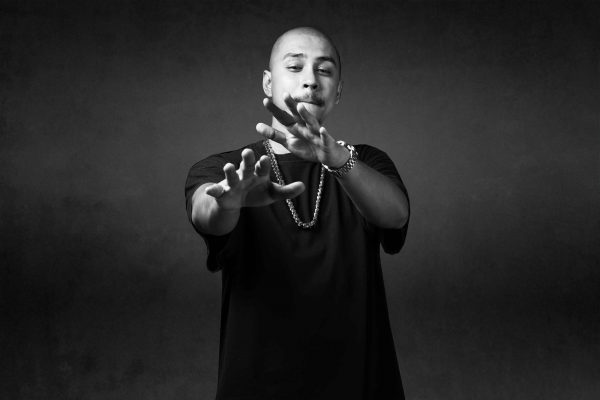
Rapper, Aman RA is known for his expressive rap anthems like ‘Budak Flat’ which explores the narrative of a young person trying to navigate the hardships of life in a bustling city. Writing from his own personal experience, his approach to hip hop music resonates with a lot of young locals who are tired of the hordes of Malay rappers who say nothing important.
Would Aman Ra and the rest of the artistes I’ve mentioned (including myself) be able to create the music we do if we were mainstream? With the right support from an understanding label, maybe. But it’s always more fun to do it yourself.
When your music comes from the right place, it doesn’t matter what obstacle you have to go through as long as you’re doing what you love. The problem lies within ourselves. We worry and doubt ourselves too much ’cause in the end, what really matters is how happy you are creating the music you love.
Social media image source: Azmyl Yunor, Tingtongketz Bandcamp & Hype


 Get Audio+
Get Audio+ Hot FM
Hot FM Kool 101
Kool 101 Eight FM
Eight FM Fly FM
Fly FM Molek FM
Molek FM